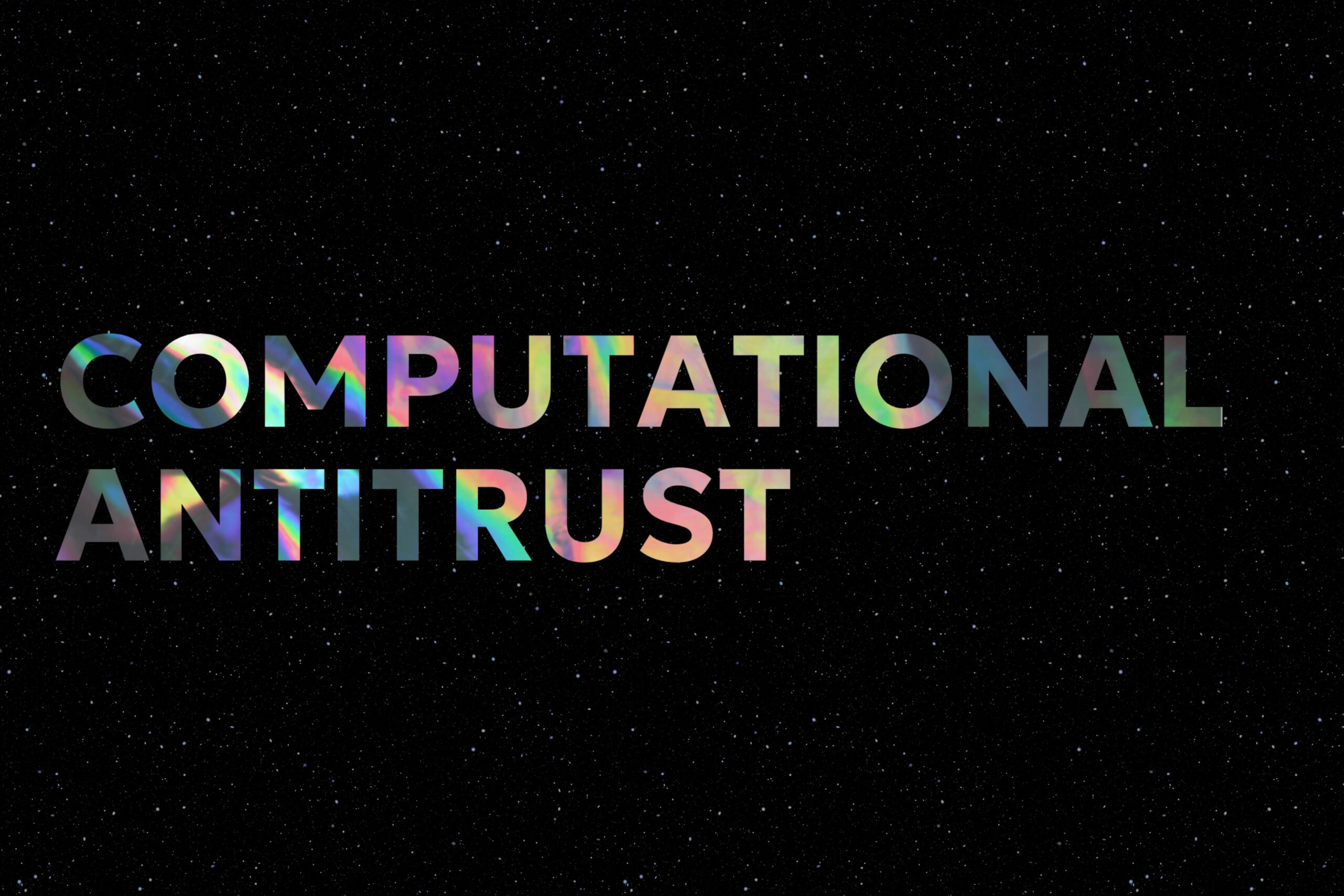June 27, 2017, will be remembered in the world of antitrust. The European Commission has just fined Google €2.42 billion for abusing dominance as search engine by giving illegal advantage to own comparison shopping service (link to the press release). The decision is not yet published – it will be when a non-confidential version will be adopted – but the press release issued today by the European Commission offers some initial lessons. I list 10 of them:
- €2.42 billion is a big amount, no matter how big Google is. One may wonder if such a fine will benefit the consumers. Google spends $ 11.5 billion per year on R&D investment. This fine represents, accordingly, more than 20% of that amount. Of course, it will be impossible to analyze what will be the effect of this decision on Google’s level of innovation, and without prejudging the merits of the sanction, I recall this sentence of Frédéric Bastiat: “There is only one difference between a bad economist and a good one: the bad economist confines himself to the visible effect; the good economist takes into account both the effect that can be seen and those effects that must be foreseen.” Also, the European Commission is saying that “the fine has been calculated on the basis of the value of Google’s revenue from its comparison shopping service in the 13 EEA countries concerned. » It will be interesting to analyze whether the European Commission will provide some more details on the fine calculation.
- The press release is referring to one internal document from 2006 stating “Froogle simply doesn’t work” (Froogle being Google Shopping former name). This shows that the European Commission took into account Google subjective intention, which is different from the objective intention which results from the single analysis of the facts. This decision may then open the way for an analysis of the managers’ declarations and internal documents of all kinds even though that do not prove any damage to the consumer and even though they do not reflect any anti-competitive action.
- Algorithms are back! The press release mentions that “Google has included a number of criteria in these algorithms, as a result of which rival comparison shopping services are demoted.” This is far from the legal sci-fi we have been reading on algorithms these last few months in which super-smart computers are told to implement anti-competitive practices by themselves.
- Behavioral analysis seems to be at the very center of the decision, the Commission saying that “the evidence shows that consumers click far more often on results that are more visible, i.e. the results appearing higher up in Google’s search results.” It will be interesting to see if these “evidences” are undisputed, if the European Commission tried some counterfactuals and if even more behavioral analysis is put into the decision.
- Network effects are also back! Well, they never left, really. “There are also high barriers to entry in these markets, in part because of network effects: the more consumers use a search engine, the more attractive it becomes to advertisers. The profits generated can then be used to attract even more consumers. Similarly, the data a search engine gathers about consumers can in turn be used to improve results.” Will the decision address the volatility of these network effects? Wait (skeptically) & see…
- The Commission is saying that “Google has demoted rival comparison shopping services in its search results ». Unfortunately, we do not know – yet – if this demotion is purely contractual OR if it also involves technical changes. In the second case, it would mean that Google has implemented predatory innovation practices… It will be interesting to analyze this in the light of what Guillaume Loriot – DG Competition’s Director for the application of antitrust, merger and state aid rules in the area of Information, Communication and Media – recently told me on this issue… (link)
- I quote: “In reaching its Decision, the Commission has gathered and comprehensively analysed a broad range of evidence, including (…) very significant quantities of real-world data including 5.2 Terabytes of actual search results from Google (around 1.7 billion search queries). » That’s big data and it might be the first time a competition authority has used big data at such a complex and large scale. It would be very captivating to ask the European Commission how they proceeded.
- On Google’s power, the Commission “concludes that Google is dominant in general internet search markets throughout the European Economic Area (EEA), i.e. in all 31 EEA countries ». It means that, in the eyes of the Commission, Google officially is a gatekeeper. Forever?
- It may seem anecdotal, but the European Commission is talking about “equal treatment” when the word “freedom” – to operate your business, to compete, not to help your rivals… – does not appear in its communiqué.
- And last but not least, what about the harm caused to the consumer? Not a single word of that press release is addressing the issue. Unless… The European Commission is emphasizing the fact that “Google’s illegal practices have had a significant impact on competition between Google’s own comparison shopping service and rival services” to conclude that it “shows that Google’s practices have stifled competition on the merits in comparison shopping markets, depriving European consumers of genuine choice and innovation.” The harm done to innovation – IF it is even possible to be proved – then equals harm done to the consumer?! Isn’t a new theory, put that way?








